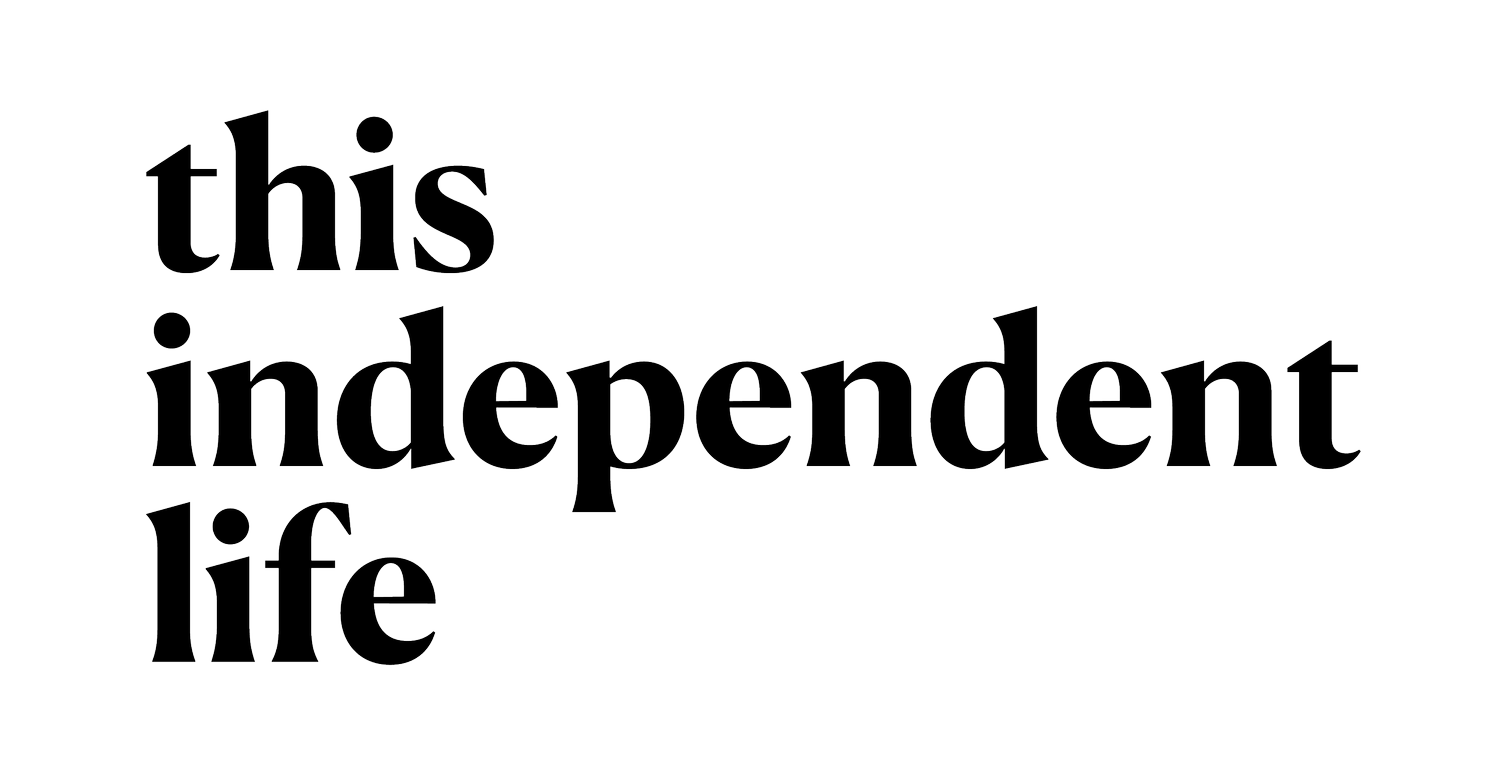This Independent Life: realising I didn’t want to work until I died
Coming to the realisation that I had no idea how to manage my money, beyond have it sit in a current account, was a relatively slow one.
At the age of 30, it was embarrassing that I didn’t know this fundamental life skill. But then when I thought about it, it wasn’t embarrassing, or surprising, at all. Money and personal finances had never been mentioned throughout my entire education, and being British, my family never talked about money.
My association to money was limited, having grown up in a household with a single mother who worked as a nurse and was scared of doing anything other than putting money into a high interest savings account (something which frankly no longer exists). She was claiming benefits as her nurses salary could barely cover looking after 3 kids, and as a result we had free school meals, something I was always ashamed of as none of my other friends had to get them.
That was probably my earliest memory and experience of recognising I didn’t want to be restricted by money in the future. So when I came to the realisation years later that I didn’t truly understand finances, I knew it was something that would be generational if I didn’t fix it now. I didn’t want to work until I died, and I didn’t want my potential children to have to do so either. Having to rely on a salary became less appealing, and I wanted to learn how to make my money work for me.
Women are unfortunately way behind when it comes to investing, and with the pension gap increasing, we need to realise that there’s no time like the present to learn. It’s never too late to start investing for your future.
